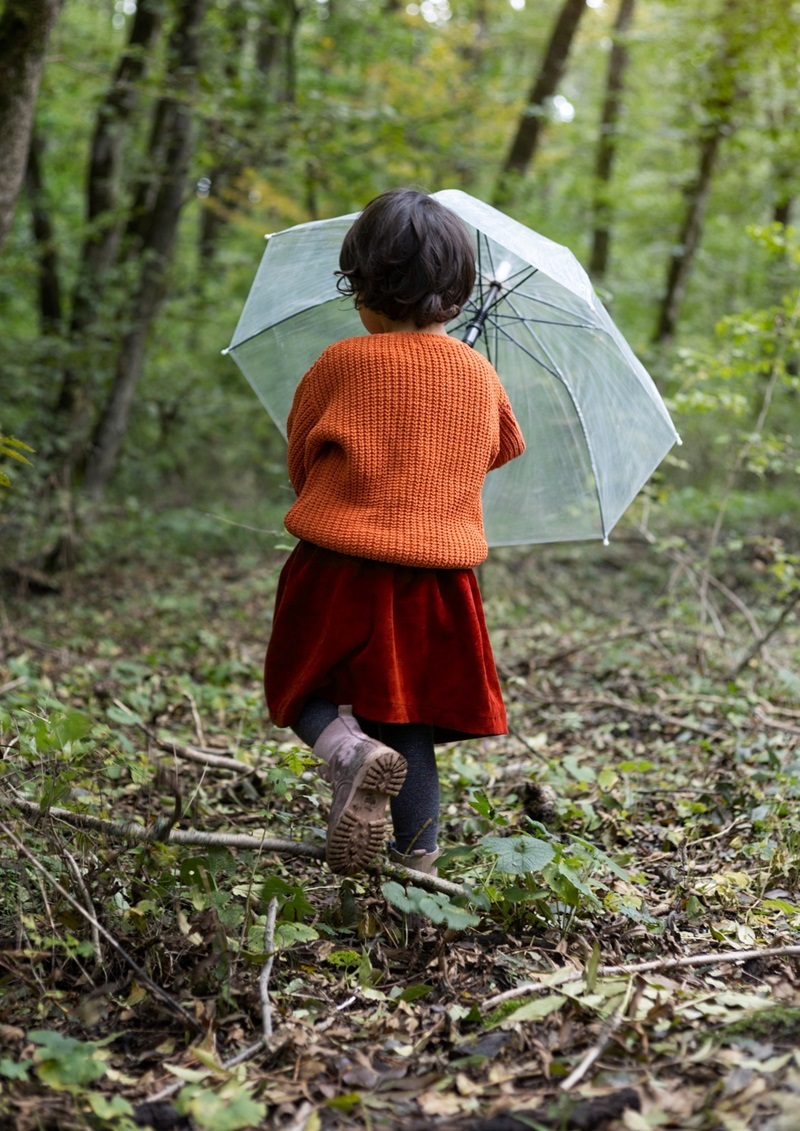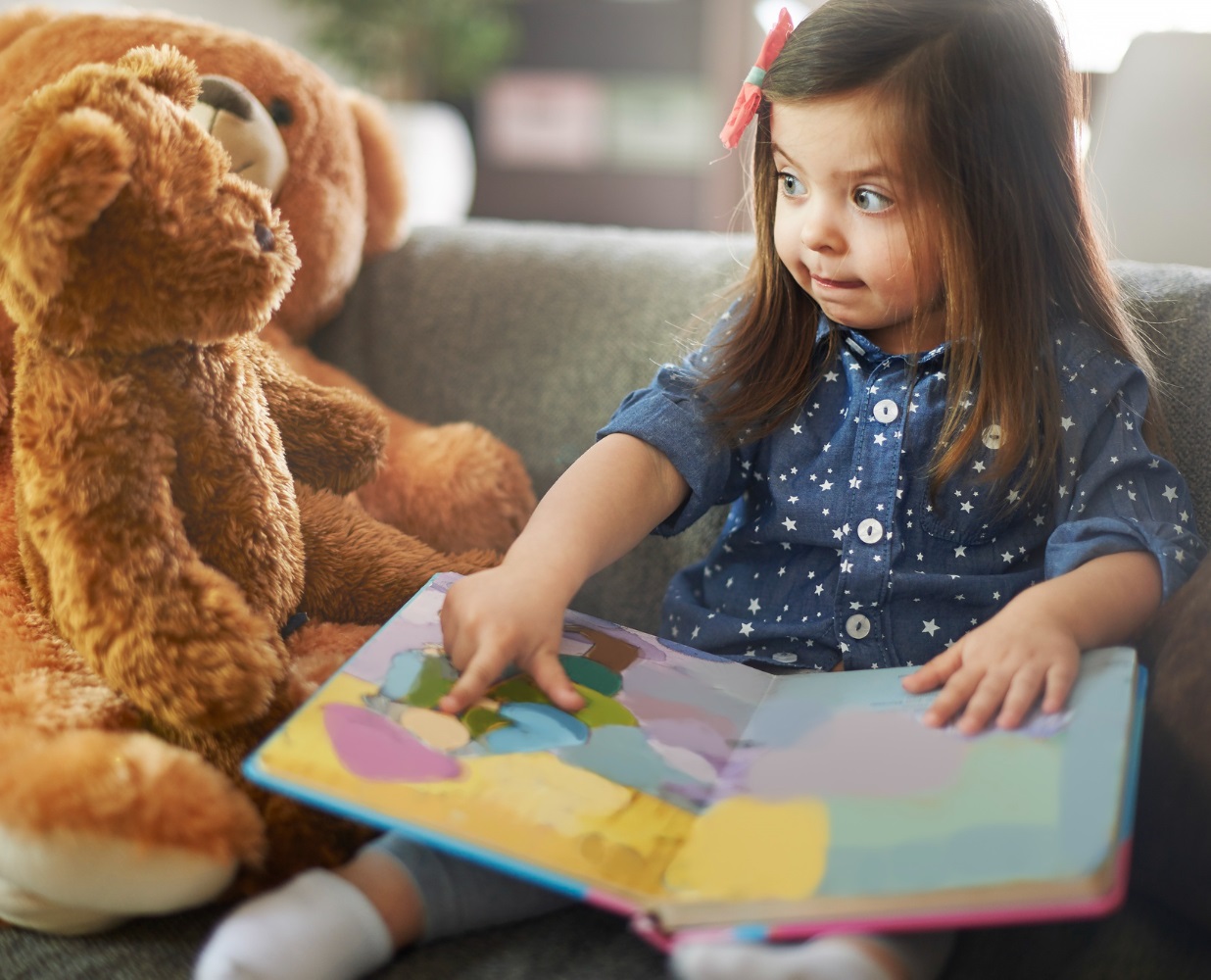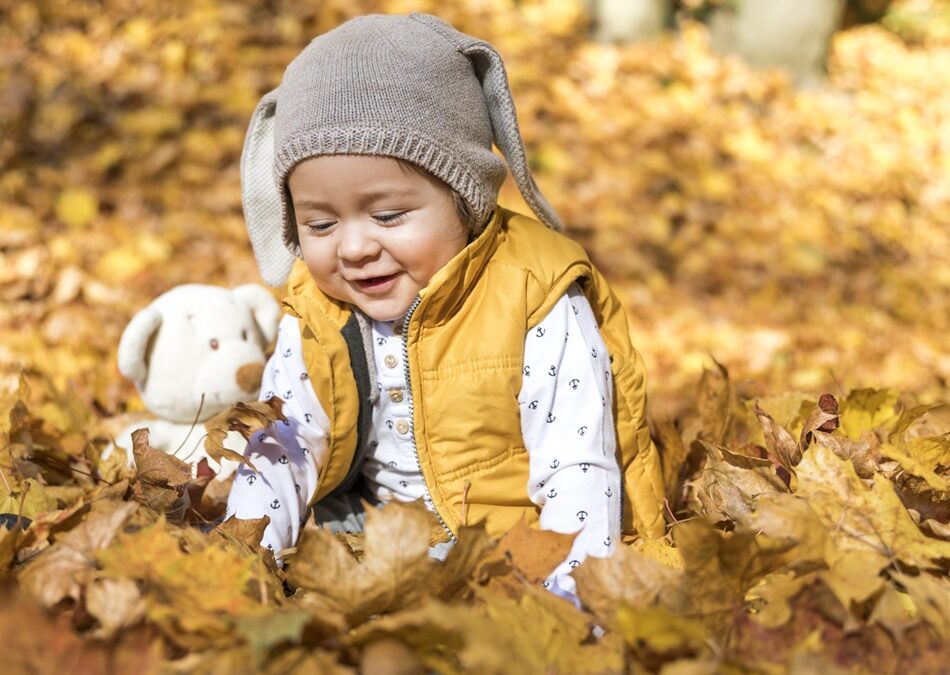Winter health and wellness tips from the Vines Early Learning Centre
Winter’s definitely here. And while winter can be a wonderful time of year, filled with cosy moments snuggled up under a blankie with a good book, or going for long walks on a crisp, blue-skied winter’s day, it also comes with some pretty dreary, damp weather and those winter ills.
Keeping both you and your little ones healthy and happy over winter can be a bit of a challenge. But don’t worry. At The Vines Early Learning Centre, we want to help our parents and caregivers get as much information as they need to keep their children well and sniffle-free this winter.
Well-being matters for both you and your child
Overall well-being is so important, especially in winter. So, it’s time to get reacquainted with our Child Illness Policy.
If your child is unwell they may be at risk of infecting other children, teachers, and adults. Therefore, we ask that you keep your child home until they are well and advise us of your child’s illness.
Any child who has experienced vomiting or diarrhoea will be excluded for 48 hours from that last episode. If you are contacted to collect your child who has become unwell, we ask that this is done as quickly as possible.
Any prescribed medication for your child is to be handed to the head teacher. This is to be documented and signed consent by you is required. Also as per our infectious diseases policy, we require a medical certificate from a health professional before allowing the child to return.
Keeping the winter bugs at bay
Overall well-being is so important, especially in winter. It’s about more than avoiding the snots and sniffles, although that is a good thing to aim for. Keeping up with physical and mental health makes everyone feel better. So, check out our winter health and wellness tips and ideas on making the most of winter with your kids.
Airing the house
Fresh air can do wonders for your home environment. Open your windows for a few minutes each day to help clear the air of any lurking bacteria and viruses. This simple practice can significantly improve indoor air quality, reduce moisture and reduce the spread of illnesses.
Handwashing
Handwashing is one of the most effective ways to prevent the spread of germs. Encourage your children to wash their hands regularly, especially after playing outside, before eating, and after using the toilet. Make handwashing fun by singing “Twinkle, Twinkle, Little Star,” or “Happy Birthday”. This also helps to make sure they wash long enough. Reinforce the habit by washing hands together.
Sanitising surfaces and toys
Germs can linger, so regularly sanitising surfaces and toys can help reduce the spread of germs. At The Vines, we follow a strict cleaning schedule to ensure that all toys and frequently touched surfaces are disinfected regularly. You can adopt similar routines at home, particularly focusing on items that children frequently put in their mouths.
Coughing and sneezing etiquette
Teach your children to cough and sneeze into a tissue or their elbow to prevent the spread of germs. Dispose of tissues immediately and follow up with handwashing. This simple habit can greatly reduce the transmission of colds and flu.
Respecting personal space
While it might seem obvious, keeping a respectful distance from those who are ill can go a long way to keeping kids well. Encourage children to be considerate of others’ health and explain the importance of avoiding close contact with friends or family members who are sick.
Treating illnesses promptly
Despite all our best efforts, children do occasionally get sick. Keep a well-stocked first aid kit and medicine cabinet at home to treat symptoms promptly. Know the signs when professional medical advice is needed, and never hesitate to consult a healthcare provider if you’re unsure about your child’s symptoms.
Wrapping up warm
Proper clothing keeps children warm, comfortable and protected. Dress your kids in layers, including hats, scarves, gloves or gumboots when they go outside. Ensure they have regular indoor breaks to warm up if they are playing outside for extended periods.
Exercise
Outdoor play is important for children’s mental and physical health. Exercise supports the development of motor skills, and strengthens bones and muscles. Fresh air and natural light can significantly boost mood and energy levels, and vitamin D is essential for maintaining a healthy immune system. So, make sure you and your kids still get outside most days over winter, even if it’s just for a short walk.
When outside for a run and a jump, a nature walk, cloud-gazing, collecting leaves, or simply playing in the garden, ensure tamariki are dressed for the weather. Remember, there’s no such thing as bad weather, only poor clothing!
If you’re stuck indoors on rainy days, encourage jumping and dancing, even for a limited amount of time. (You could always headphones).


Diet
Maintaining good health requires a nutritious, balanced diet, especially in winter.
Encourage children to “eat a rainbow” of colourful foods. We suggest you include plenty of fruits, vegetables, (particularly dark leafy greens, yellow, and red vegetables), whole grains, and lean proteins in your child’s diet.
These foods are high in antioxidants, zinc, iron, omegas, and vitamin C, all essential for supporting energy levels and a strong immune system.
Involve them in meal preparation to make healthy eating fun and educational.
Ideas for eating well over winter
– Nutritious breakfasts: Start the morning with a healthy bowl of porridge made with your favourite milk and topped with frozen or fresh fruits.
– Healthy dinners: Prepare soups, casseroles, and stir-fries loaded with seasonal vegetables. If your children don’t tend to enjoy vegetables, you can grate them into your cooking to camouflage them.
– Immune-boosting snacks: Get children snacking on immune-supporting foods such as sliced oranges, blueberries, chopped veggie sticks like carrots and capsicums, (frozen peas are surprisingly popular) nuts, and seeds.
– Limit sugar intake: Avoid the trap of eating too many sugary, comfort foods during winter. Healthier options tend to keep energy levels more stable.
Relaxation techniques
Teaching children how to calm down, relax and manage stress is an important lesson they can carry through life. Once the running and dancing are over and done with, techniques like deep breathing, storytelling, listening to calming music, or gentle stretching can be very effective.
Create a cosy corner at home, much like we have at The Vines, with soft pillows and blankets where children can unwind. Incorporating creative activities like drawing, painting, and crafting can also foster mindfulness and help children stay present and calm.
Sleep time
Adequate sleep is so very important for growth and immune function. Establish a consistent bedtime routine that includes calming activities such as reading or singing lullabies. Limit screen time before bed to help your children wind down and prepare for sleep.

Stay warm, stay well, and enjoy the magic of winter
Winter doesn’t have to mean endless colds and sniffles. By incorporating these tips into your daily routine, you can help keep your children healthy and happy throughout the colder months. At The Vines Early Learning Centre, we believe that a holistic approach to health is key to thriving in winter.
We hope you find these winter health and wellness tips helpful. If you have any additional suggestions or would like to share your experiences, please reach out to us. Together, we can make this winter a healthy and joy-filled time for the young people in our care.

